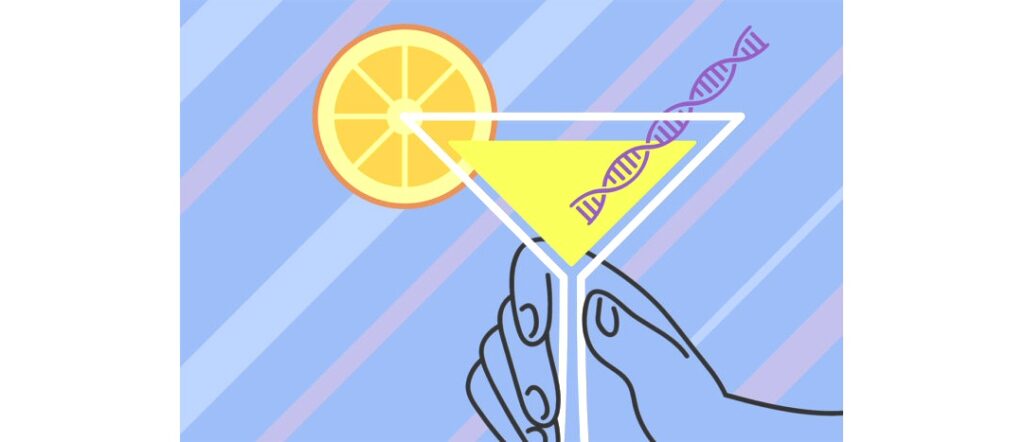While it’s estimated Dupuytren’s disease impacts over 10 million Americans, the current treatment options available to patients – mainly surgical procedures – are inadequate. Medicine has been focused on treating Dupuytren-related finger deformities rather than preventative measures or finding a cure at the biological level. Yet, with increasing recognition of the prevalence and severity of Dupuytren’s, the scientific community seeks to identify what’s correlated with the disease in hopes of preventing the onset of symptoms and its recurrence.
The conventional teaching is that alcohol is one of the risk factors for Dupuytren’s disease. However, the evidence has been anecdotal, and it’s not enough to demonstrate a clear relationship. There are several reasons for this: for one, a majority of Americans consume alcohol. According to a 2022 Gallup Poll, it’s estimated nearly ⅔ of Americans drink1. Furthermore, Americans often underreport their drinking habits, which would impact the accuracy of a survey.
Nevertheless, a recent study2 is the first of its kind to find genetic evidence in support of the correlation between alcohol consumption and Dupuytren’s disease. The research, rather than conducting a survey based on drinking habits, looked at genetic mutations associated with the risk of alcohol addiction. The results found a statistically significant correlation between genes related to alcohol abuse disorder and Dupuytren’s. This doesn’t confirm drinking causes Dupuytren. It suggests genetic risk factors related to alcohol use may increase an individual’s likelihood of developing the disease.
Like a weather forecast, it’s important to note that genetic risk is only a prediction. For instance, having genes linked to alcohol abuse doesn’t mean an individual is going to develop an alcohol addiction. Genetics just increases the risk. The same logic applies to the prevalence of alcohol abuse genes and the risk of Dupuytren’s: a correlation doesn’t guarantee its incidence.
This study is a step in the right direction and raises more questions than it answers. Is it the genes, the effects of the genes on alcohol consumption, or both? It’s still not known whether drinking, in addition to the genetic predisposition for alcohol abuse, increases the risk of Dupuytren’s. What if an individual drinks heavily but isn’t genetically predisposed? At what severity of drinking does Dupuytren’s disease become a risk? Is social drinking a risk factor?
Many questions still need answers — this isn’t necessarily a bad thing, it just means there’s work to be done. With the only available options being treatment once diagnosed, it’s clear more research needs to be conducted in terms of disease prevention. The Dupuytren Research Group’s blood biomarker research follows the same line of reasoning – developing tools to test medicines to prevent disease progression and find biological patterns of the disease. This work will grant patients more freedom, allowing individuals concerned about the risk of Dupuytren to take proactive measures to regulate the disease and prevent its recurrence after corrective procedures. It is a crucial step towards developing a Dupuytren cure.
References
1 “What Percentage of Americans Drink Alcohol?” https://news.gallup.com/poll/467507/percentage-americans-drink-alcohol.aspx
2 Wang, Z., Wang, Z., Yan, Z. et al. Smoking, alcohol consumption and risk of Dupuytren’s disease: a Mendelian randomization study. BMC Med Genomics 16, 212 (2023). https://bmcmedgenomics.biomedcentral.com/articles/10.1186/s12920-023-01650-4
Kate Micallef
Kate is a premed at the University of Michigan. She is pursuing a degree in Biology, Health, and Society.






